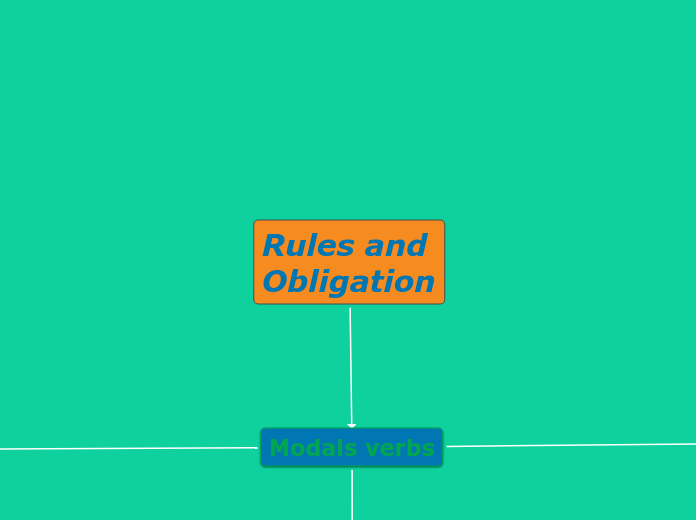Rules and Obligation
Modals verbs
Modal verb
Must
Expresses a need or a forceful suggestion. In addition, it implies that you can come to suppose regarding something.
You must be kidding.
Could
Its meaning is the verb tense that expresses something that has already happened, or is also used to provide alternatives.
Could you call your mom?.
Must not
Prohibition.
You must not play on the floor.
Can
Its meaning will depend on what you want to say. You can use it to express some possibility or request, or to say that you are qualified or qualified for something.
I can cook pizza.
May
Permission, Possibility, Probability.
May I speak now?
Would
To request or offer.
Would you please close our windows?.
should
Suggestion
You should listen to me.
Ought to
Advice.
I ought to practice more piano.
Shall
expressing the future tense.
We shall dance together soon, my lady.
Will
Express something we should do, expect, etc. in a future time.
You will find it.
Might
Polite permission, Possibility, Probability.
He might come tonight.
Modal verbs are auxiliary verbs. This means that they do not conjugate with grammatical persons, so: They do not have an infinitive (for example, there is no to can) They do not have a gerund (for example, there is no mighting)
Modal verbs can express hability, need, condition or modality, hence their meaning depends on the context of the sentence and the verbs with which they are conjugated.
